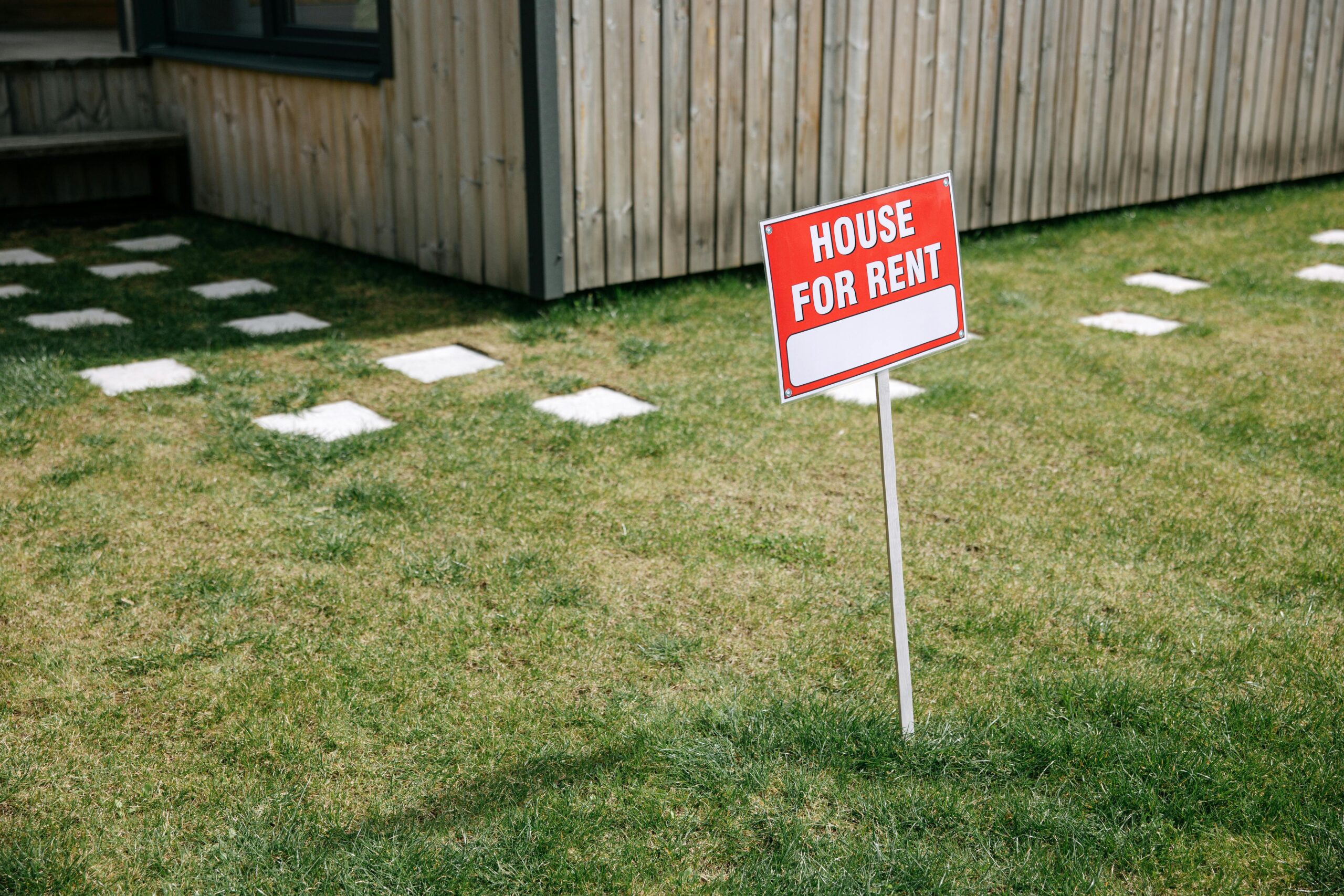From 27th August 2019 the Residential Tenancies Amendment Act 2019 requires landlords to provide all new tenants with details of their property insurance. As part of any new tenancy agreement, landlords will now need to provide an insurance disclosure statement.
An insurance statement should disclose whether the property is insured or not and if insured, the amount of policy excess relevant to the tenant’s liability for destruction of or damage to the property.

House insurance:
House insurance, also known as homeowner’s insurance, is a type of insurance policy that provides coverage for residential properties. It is designed to protect homeowners from financial losses due to damage or destruction of their property, as well as liability for injuries or damages that occur on the property. House insurance typically includes coverage for the physical structure of the house, personal belongings, and liability protection.
Landlord insurance:
Landlord insurance is a specialized insurance policy designed to protect property owners who rent out their residential properties to tenants. While it is not a legal requirement or compulsory for landlords to have landlord insurance, it is highly recommended to protect their investment and mitigate potential risks.
Landlord insurance provides coverage for various aspects related to rental properties, including property damage, liability claims, loss of rental income, and tenant-related risks. The specific coverage and policy details may vary depending on the insurance provider and the policy chosen.
Key features of landlord insurance typically include:
- Property Damage Coverage: This covers the cost of repairing or rebuilding the rental property in case of damage caused by covered perils, such as fire, storms, vandalism, or theft.
- Liability Coverage: Landlord insurance protects landlords from liability claims if a tenant, visitor, or third party is injured on the rental property. It covers legal expenses and potential settlements.
- Loss of Rental Income: If the rental property becomes uninhabitable due to covered damage, landlord insurance can provide compensation for the lost rental income during the repair or rebuilding period.
- Tenant-Related Risks: Landlord insurance may include coverage for tenant-related risks, such as loss of rent due to tenant default, eviction costs, or damage caused by tenants.
While landlord insurance is not mandatory, it is strongly recommended as it provides financial protection and peace of mind for landlords. It helps safeguard against potential risks and unexpected events that may result in financial losses. Landlords should carefully consider their individual circumstances and the risks associated with renting out their property before deciding whether to obtain landlord insurance.
It’s important to note that landlord insurance is separate from standard home insurance or house insurance, which is typically intended for owner-occupied properties. Landlord insurance is specifically tailored to address the unique risks and needs of rental property owners.
Who needs landlord insurance?
If you own a rental property, it’s a good idea to consider getting landlord insurance if you’re renting it out to tenants. While it’s not required by law (because regular home insurance covers the property’s value), having landlord insurance can be really helpful if you have problems with tenants or unexpected events happen.
Sometimes you hear in the news about methamphetamine contamination damaging rental properties, but actually, intentional and accidental damage are more common. The problem is that many landlords don’t know what their insurance covers, so they might be paying for insurance they don’t need or not have enough coverage, which puts them at risk.
The opinions and research contained in this article are provided for information purposes only, are intended to be general in nature, and do not take into account your financial situation or goals.




